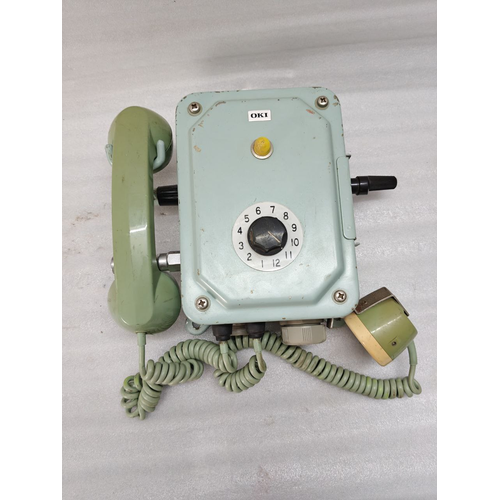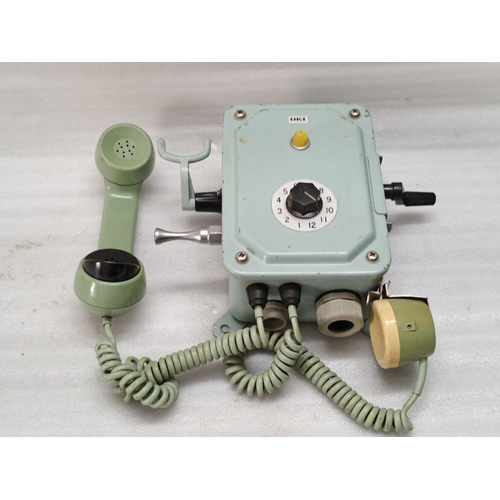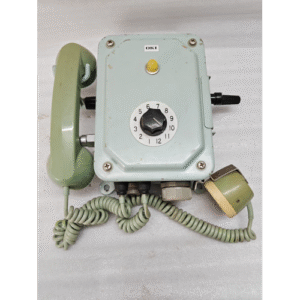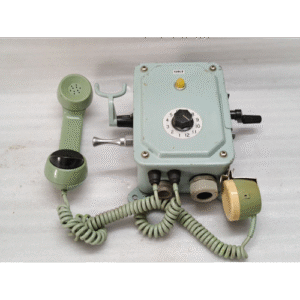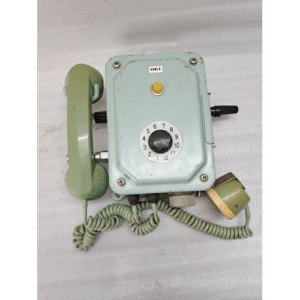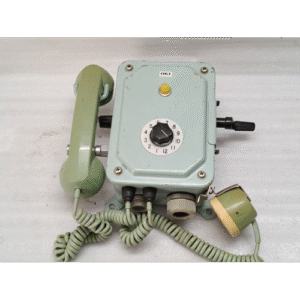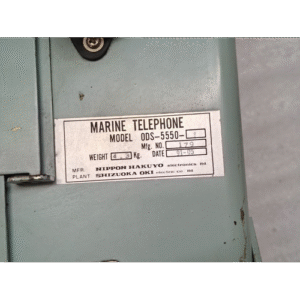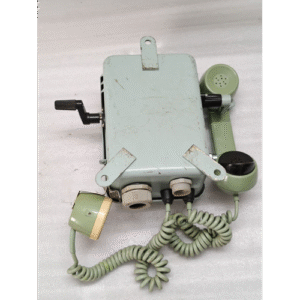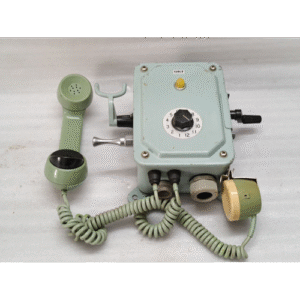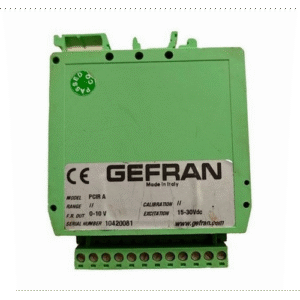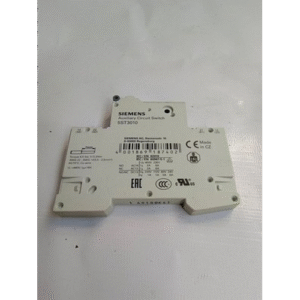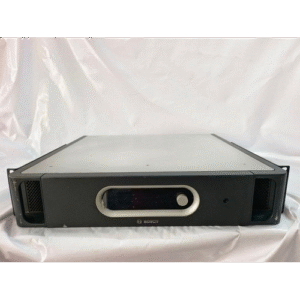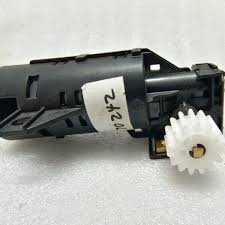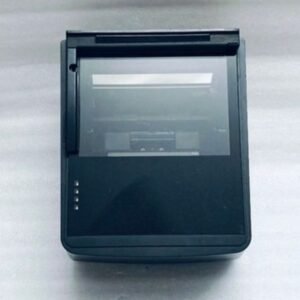- AUTOMATION EQUIPMENT
- ELECTRICAL ITEMS
- AMPLIFIER & UPS
- BATTERY CHARGER & INVERTER
- CIRCUIT BREAKER & BLOCKS
- CONTROL UNIT
- ELECTRIC CONTROLLERS
- FIRE ALARAM SYSTEM
- FUSES & CAPACITOR
- HEADPHONE & SPEAKER
- HMI & DISPLAY
- MISC ELECTRICAL
- PCB
- PLC SYSTEMS
- POWER SUPPLY
- PRINTER & CPU
- RELAY
- SENSORS
- SERVO DRIVES & MOTORS
- TELECOME & COMMUNICATION
- THERMOSTAT
- UNCATEGORIZED
NIPPON OKI ODS 5550 1 MARINE TELEPHONE MFG NO 179 #2
$231.57
| Product Conditioned | USED |
|---|
Free Shipping apply to all orders over $199
Guaranteed Money Back in 30 days return.
24/7 Customer Support
Share:
Hotline Order:
(+101) 5620 - 8155
Email ID:
xstore@support.com
NIPPON OKI ODS 5550 1 MARINE TELEPHONE MFG NO 179 #2
The Nippon Oki ODS-5550-1 is a rugged, professional-grade marine radiotelephone designed for reliable medium-frequency (MF) and high-frequency (HF) communication. It was a key piece of equipment for ships in the 1970s-1990s, enabling critical voice communication between ships and shore-based stations over long distances, far beyond the range of VHF radios.
Manufacturer: Nippon Electric Co., Ltd. (NEC) / Oki Electric Industry Co., Ltd. (The “Nippon Oki” branding suggests it’s from this period of their collaboration or corporate history).
Mfg. No. 179 #2: This is an internal factory manufacturing or model code, likely indicating a specific production batch or variant.
SEO Product Description: Professional Vintage Marine SSB Radiotelephone for Long-Range Ship-to-Shore and Ship-to-Ship Communication.
Key Features & Technical Specifications:
-
Communication Type: SSB (Single Sideband) Radiotelephone. SSB is more efficient than the older AM (Amplitude Modulation), providing clearer voice transmission and longer range for the same power.
-
Frequency Range:
-
MF/HF Bands: Typically operates across multiple marine bands between 1.6 MHz and 27 MHz, covering the standard international maritime MF/HF frequencies.
-
Channels: Pre-programmed to the ITU (International Telecommunication Union) assigned channels for maritime mobile service. The “5550” model number often indicates a substantial number of channels (e.g., 550+).
-
-
Power Output: High power, likely in the range of 150 Watts to 250 Watts PEP (Peak Envelope Power). This high power is essential for overcoming atmospheric noise and achieving reliable long-range communication.
-
Power Supply: Designed to operate from a standard ship’s DC power supply, typically 24 Volts DC (common for commercial vessels) or 12V/32V, with heavy-duty wiring and protection.
-
Selectivity & Sensitivity: Excellent receiver selectivity to reject interference from nearby stations, a critical feature in the crowded HF spectrum.
-
Physical Design:
-
Construction: Built with a heavy-duty, robust metal chassis and case to withstand the harsh marine environment, including salt, moisture, and vibration.
-
Control Unit: A separate main unit/transceiver that would be mounted in the ship’s radio room or wheelhouse.
-
Handset: A traditional telephone-style handset for private conversation, often with a coiled cord.
-
Control Panel: Features a large, backlit channel selector dial, knobs for clarifier (fine-tuning), squelch, and RF gain. It has a distinct “vintage” aesthetic with functional, tactile controls.
-
Primary Function & Purpose:
The primary function of the ODS-5550-1 was to provide long-range voice communication.
-
Ship-to-Shore: Contacting coastal radio stations (like the old “Marine Operator”) to place calls into the public switched telephone network (PSTN).
-
Ship-to-Ship: Communicating with other vessels over vast ocean distances.
-
Distress & Safety: A primary means for sending distress alerts and safety traffic on the international HF distress frequencies (e.g., 2182 kHz).
Historical Context & Modern Relevance:
-
Era: This telephone is a representative of the technology that was standard before the widespread adoption of satellite communications (e.g., INMARSAT) and digital systems like GMDSS (Global Maritime Distress and Safety System).
-
Current Status: While largely superseded by more modern, integrated GMDSS-compliant systems and satellite phones, these units are known for their exceptional build quality and durability.
-
Collector’s Item: Today, the Nippon Oki ODS-5550-1 is considered a vintage or classic piece of marine electronics. It is sought after by:
-
Marine radio enthusiasts and collectors.
-
Owners of classic boats seeking period-correct equipment.
-
Amateur radio operators who may modify (“ham”) it for use on amateur HF bands.
-
We're here when you need us
Get a Quick Quote
Complete our online form.
Call US
Speak to one of our team.
Live Chat
Send us a message
Speak to one of our team.




